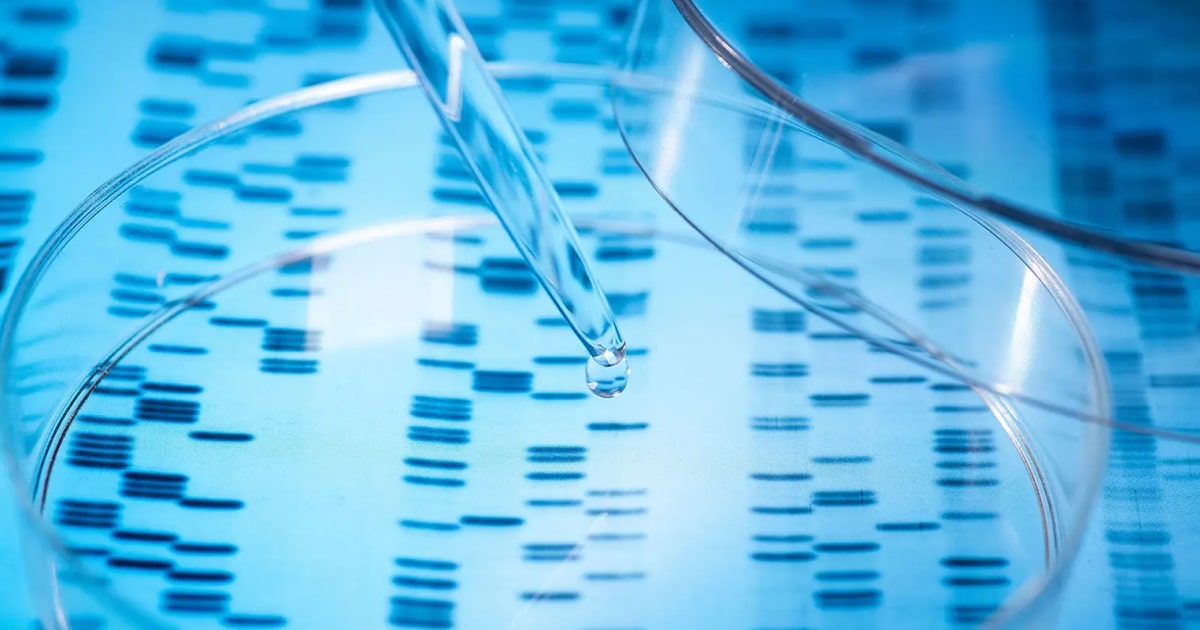
Expert Reviewed By: Dr. Brandon Colby MD
In the intricate world of genetic disorders, Sclerosteosis 2 stands out as a rare yet impactful condition. Characterized by excessive bone growth, particularly in the skull, this disease can lead to severe complications, including nerve compression and increased intracranial pressure. Recent advancements in genetic testing have shed light on the underlying causes of Sclerosteosis 2, offering hope for early diagnosis and improved management. This article delves into the significance of genetic testing in diagnosing Sclerosteosis 2 and its implications for patients and healthcare providers.
Understanding Sclerosteosis 2
Sclerosteosis 2 is a genetic disorder caused by mutations in the LRP4 gene. This gene plays a crucial role in bone development and regulation. Unlike its counterpart, Sclerosteosis 1, which is linked to mutations in the SOST gene, Sclerosteosis 2 is distinguished by its unique genetic profile. The condition is marked by significant skeletal overgrowth, leading to a range of complications that can affect a person's quality of life.
The Promise of Genetic Testing
Genetic testing has revolutionized the way we understand and diagnose genetic disorders. For Sclerosteosis 2, identifying the specific mutations in the LRP4 gene is critical for accurate diagnosis and management. This section explores how genetic testing is employed in the context of Sclerosteosis 2.
Identifying the Genetic Culprit
The first and foremost use of genetic testing in Sclerosteosis 2 is to pinpoint the exact genetic mutation responsible for the disorder. The discovery of a novel splice-site variant in the LRP4 gene, as highlighted in recent studies, underscores the importance of comprehensive genetic analysis. By identifying the specific mutation, healthcare providers can confirm a diagnosis of Sclerosteosis 2, differentiating it from other similar syndromes.
Facilitating Early Diagnosis
One of the greatest advantages of genetic testing is its ability to facilitate early diagnosis. For conditions like Sclerosteosis 2, where symptoms may not be immediately apparent, early detection is crucial. Genetic testing allows for the identification of at-risk individuals before the onset of severe symptoms. Early diagnosis can lead to timely interventions, potentially mitigating the progression of the disease and improving patient outcomes.
Guiding Treatment and Management
Once a diagnosis of Sclerosteosis 2 is confirmed through genetic testing, healthcare providers can tailor treatment plans to the specific needs of the patient. Understanding the genetic basis of the disorder enables clinicians to anticipate potential complications and implement appropriate monitoring strategies. This personalized approach to treatment is a key benefit of integrating genetic testing into the diagnostic process.
Informing Family Planning Decisions
Genetic testing also plays a vital role in family planning for individuals with Sclerosteosis 2. By understanding the hereditary nature of the disorder, affected individuals and their families can make informed decisions about future pregnancies. Genetic counseling, in conjunction with testing, provides valuable information on the likelihood of passing the condition to offspring, empowering families to make choices that align with their values and circumstances.
Conclusion: The Future of Sclerosteosis 2 Diagnosis
As our understanding of genetic disorders continues to evolve, the role of genetic testing in diagnosing and managing conditions like Sclerosteosis 2 becomes increasingly significant. By identifying the genetic mutations responsible for the disorder, facilitating early diagnosis, guiding treatment, and informing family planning, genetic testing offers a comprehensive approach to tackling this rare disease. As research progresses, we can anticipate even more refined diagnostic tools and therapeutic strategies, ultimately improving the lives of those affected by Sclerosteosis 2.
For further reading on the genetic underpinnings of Sclerosteosis 2, refer to the study available on Semantic Scholar.
About The Expert Reviewer
Dr. Brandon Colby MD is a US physician specializing in the personalized prevention of disease through the use of genomic technologies. He’s an expert in genetic testing, genetic analysis, and precision medicine. Dr. Colby is also the Founder of and the author of Outsmart Your Genes.
Dr. Colby holds an MD from the Mount Sinai School of Medicine, an MBA from Stanford University’s Graduate School of Business, and a degree in Genetics with Honors from the University of Michigan. He is an Affiliate Specialist of the American College of Medical Genetics and Genomics (ACMG), an Associate of the American College of Preventive Medicine (ACPM), and a member of the National Society of Genetic Counselors (NSGC)